The "McLeod" or the "Rozón" are tools that most people are not very familiar with. In both cases, using them requires skill in a rural fire. For example, the rozón must be used at a distance of at least three meters, and each strike should end against a tree due to the danger posed by its sharp blade.
This is part of what firefighters from the southern zone, spanning from the Maule to Los Lagos regions, have learned alongside CMPC. The goal is to work together and in synergy during emergencies. That’s why CMPC outlined a roadmap in 2023 to prepare all firefighters in this part of the country with knowledge and techniques for combating such disasters. The initial target was to train 700 volunteers from 42 fire companies, but the plan's success expanded the goal: to train nearly five thousand volunteers from almost 300 units deployed across the southern zone within three years.
With the training sessions conducted during 2024, the company ultimately reached 69 fire companies by year-end, training approximately 900 volunteers. And the number keeps growing, as the training continues.
Drawing a line that must not be lost
In Negrete, a group of volunteers from the First Fire Company attended a lecture by instructor Jorge Figueroa, a professional from Serfonac (Nacimiento Forest Services) who has spent at least 25 years battling fires—first as a crew member, then as squad leader, brigade leader, and currently as firefighting supervisor, a role he has held for the past 10 years while serving CMPC. About his role in this training, he said, "We must involve firefighters, ensure they have knowledge, and thus unite forces to achieve accident-free and successful firefighting. The public-private alliance must work."
Meanwhile, Eduardo Torres, commander of the Negrete Fire Department, emphasized, "We know this (fires) has grown exponentially. For us, having this kind of engagement with private companies is highly significant."
In the theoretical block, volunteers learned to identify different types of rural and forest fires, the stages of firefighting, strategies for coordinating and responding to emergencies, methods for building firebreaks, and practical aspects like how to use tools for constructing containment lines. "The line must not be lost," Figueroa later stressed during fieldwork, where firefighters put their training to the test, drawing lines using the mentioned tools, along with others like the "Pulaski" and shovels.
Ensuring firefighters can create these lines is crucial for teamwork, as it helps define the fire containment zone and reorganize teams and resources. It sounds simple, but it’s a demanding task. Figueroa repeatedly tells volunteers that, no matter the cost, the line construction must never stop. Lives depend on it, so the work must be efficient, requiring attention to details like proper hydration, correct stance (depending on whether one is left- or right-handed), and, of course, optimal physical preparation and nutrition.
Knowledge to work together
In the case ofVilla Mininco, its volunteers also underwent this process. The captain of the 2nd Fire Company of Collipulli, Pablo Pereira,noted that "it’s good to have this contact and learn about the work carried out by forestry companies, in this case CMPC, with their brigades, their deployment, and how they operate in emergencies, where we often have to collaborate in firefighting." Regarding the most valuable aspects of the course, Pereira said, "Communication is key. Establishing incident command during an emergency is essential to ensure better, faster, and more effective work."
Throughout the training, CMPC’s territorial and operations teams provided support. The scale of the task is summarized byIgnacio Lira, Corporate Affairs Manager of CMPC Bosques:"The challenge of fighting fires can only be successfully addressed if we all work together. In this regard, the work done with fire companies has been highly relevant. We’ve contacted all the companies in our vicinity, working with them on this training program to ensure coordinated efforts in case of a fire."


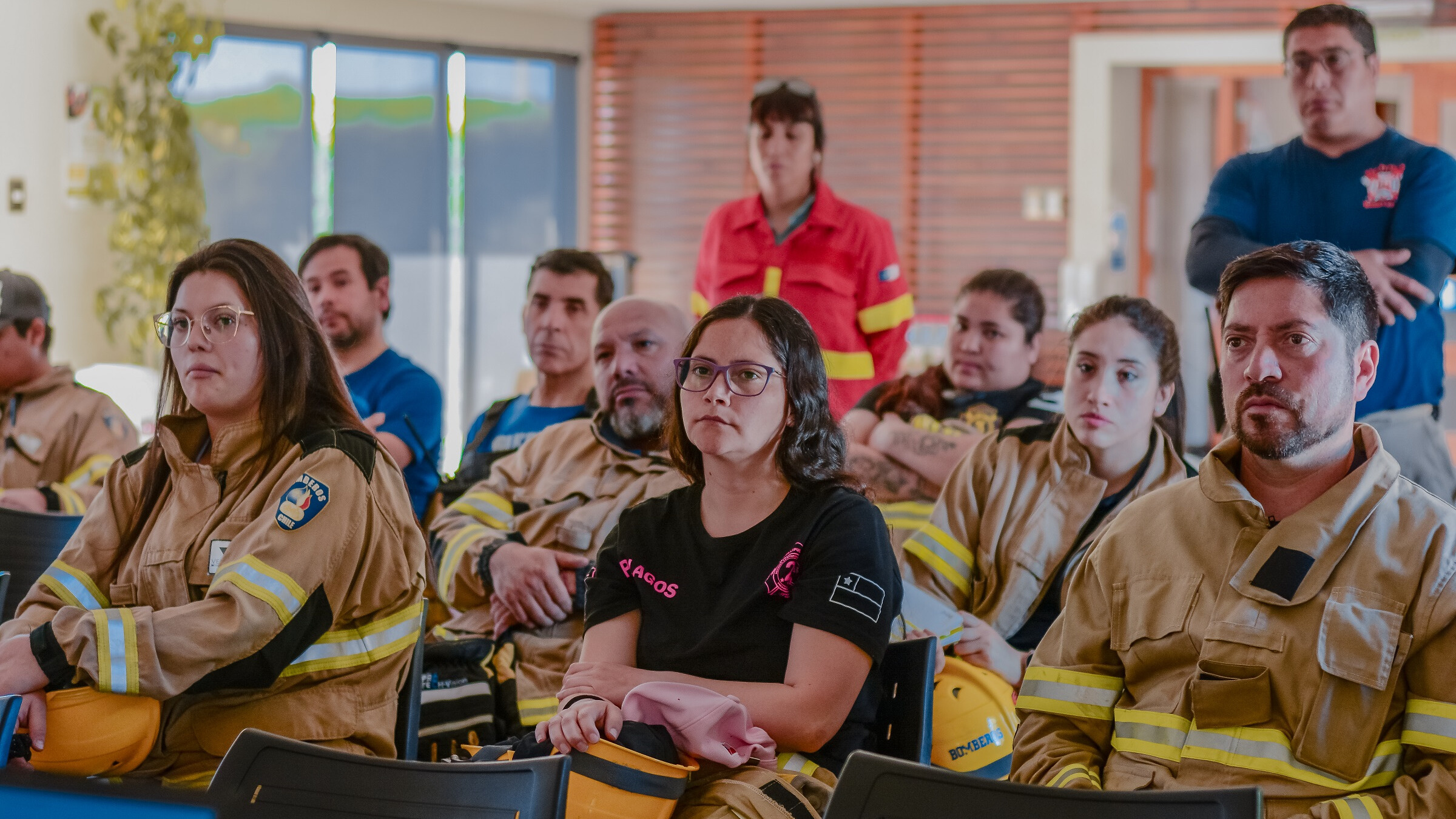
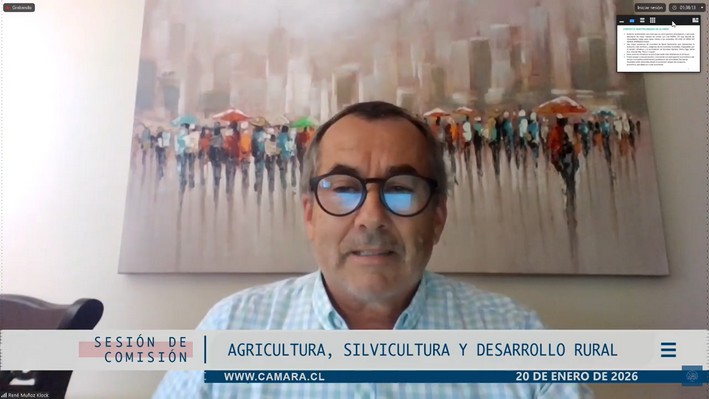
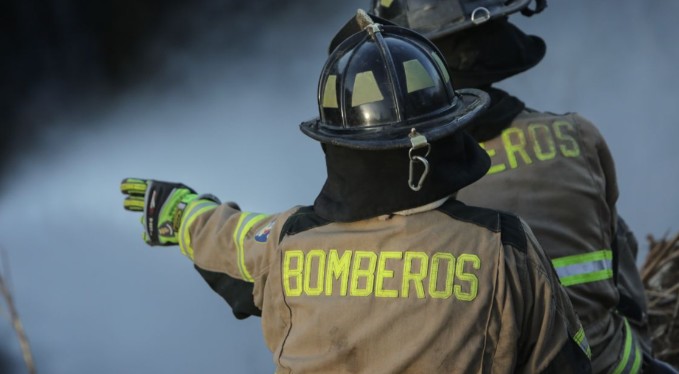
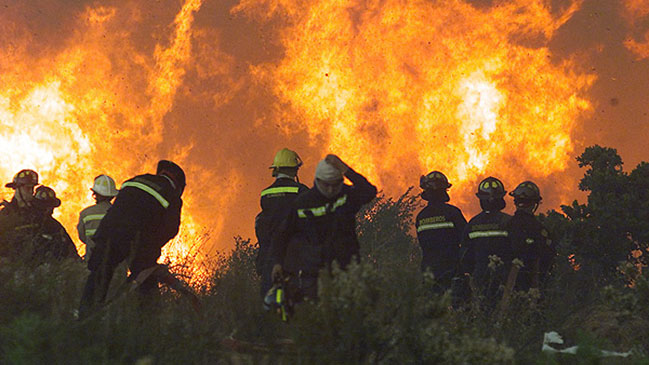
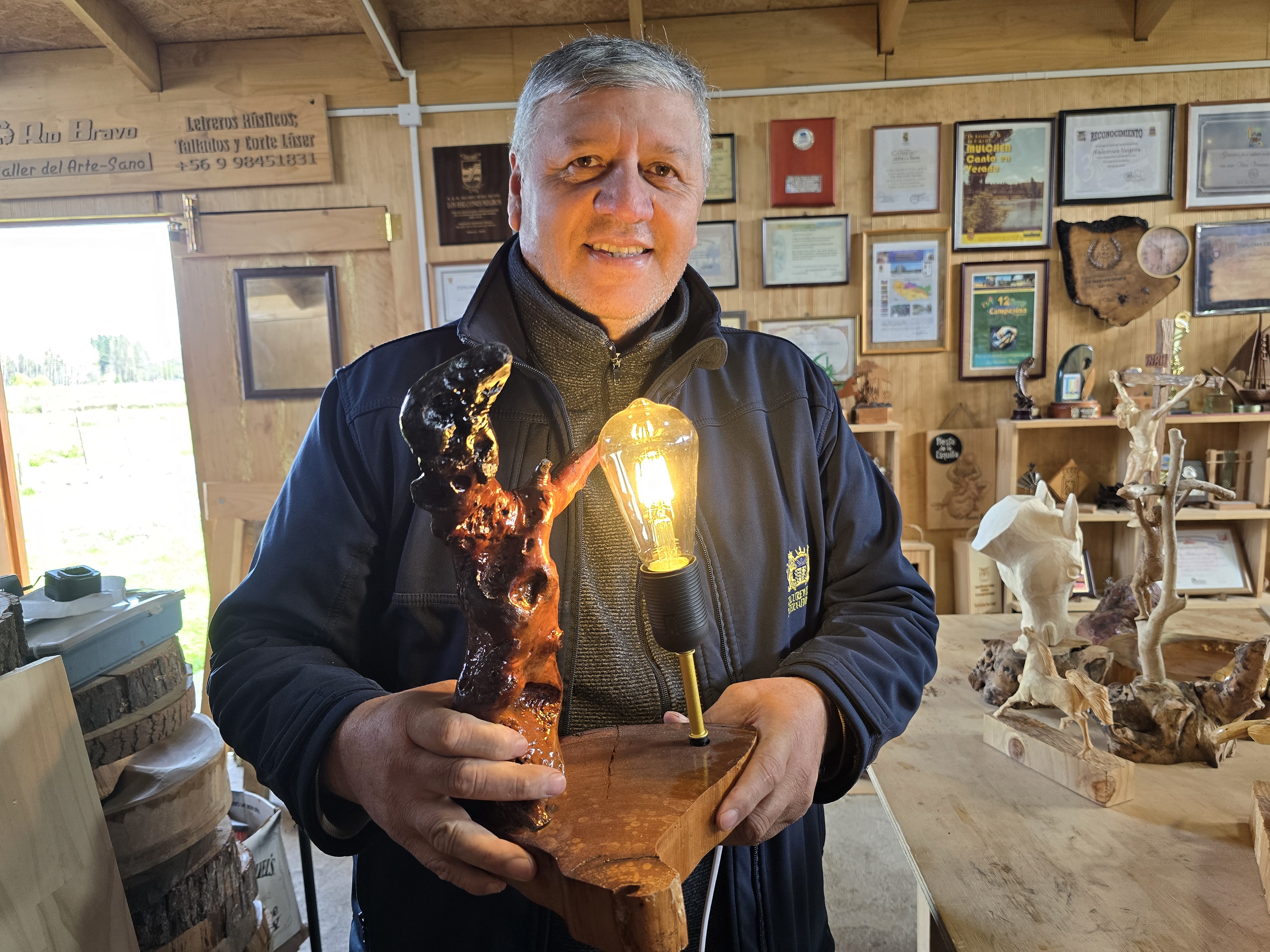
Comments (0)
No comments yet. Be the first to comment!
Leave a comment